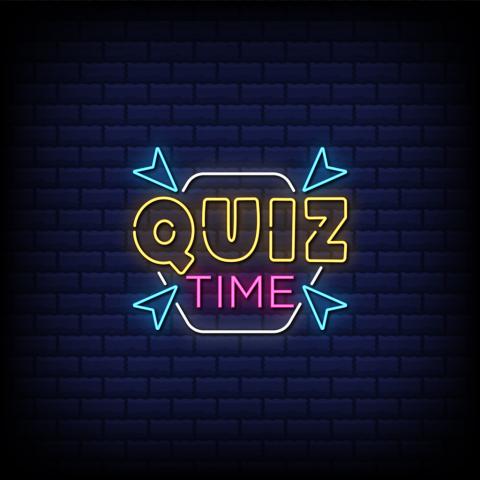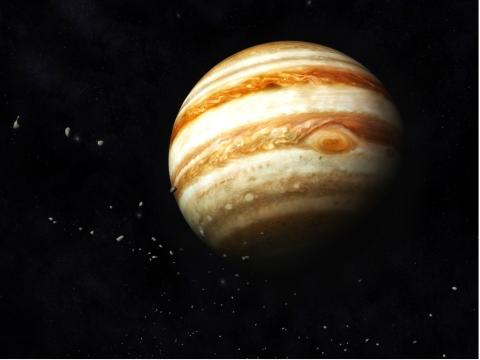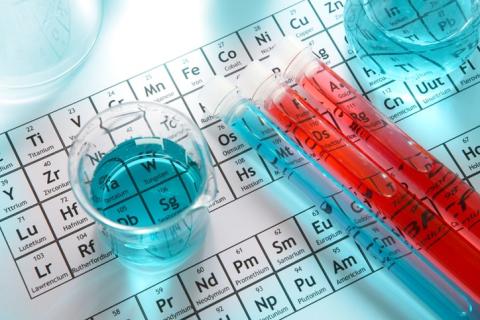What Are Acids and Bases?
What is an acid?
- Acids are substances that donate hydrogen ions to a solution, which increases the concentration of hydrogen ions.
Which of the following is not an acid?
- Sodium hydroxide is a base, not an acid.
What is a base?
- Bases are substances that accept hydrogen ions from a solution, which increases the concentration of hydroxide ions.
Which of the following is not a base?
- Hydrochloric acid is an acid, not a base.
What is the pH scale used for?
- The pH scale measures the acidity or basicity of a solution based on the concentration of hydrogen ions.
Which of the following has a pH of 7?
- Pure water has a neutral pH of 7.
Which of the following has a higher pH?
- Bleach has a high pH, making it a strong base.
Which of the following has a lower pH?
- Lemon juice has a low pH, making it acidic.
What is a neutralization reaction?
- Neutralization reactions result in the formation of salt and water.
Which of the following is an example of a neutralization reaction?
- Hydrochloric acid is an acid, and sodium hydroxide is a base. When they react, they produce salt and water.





